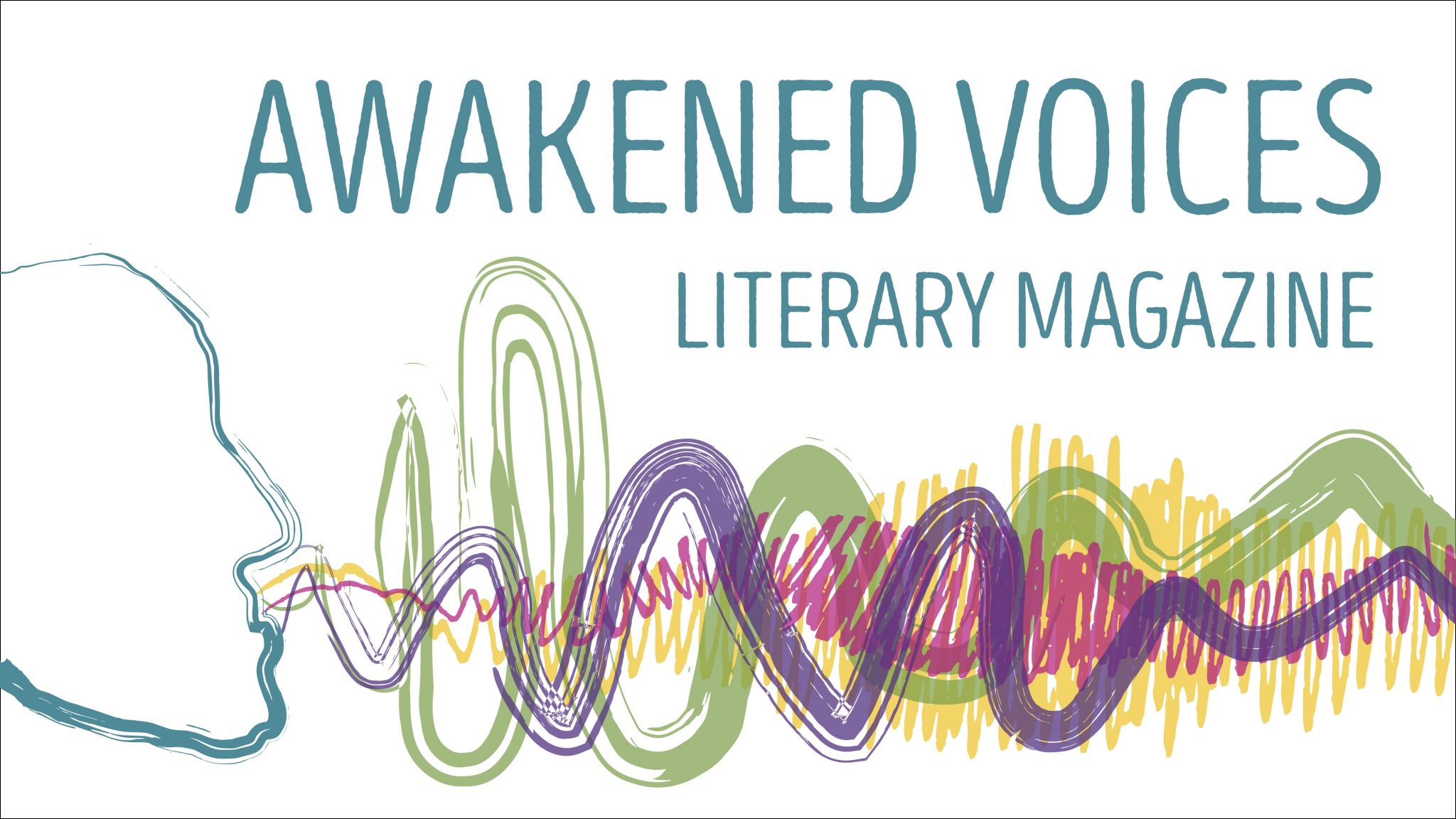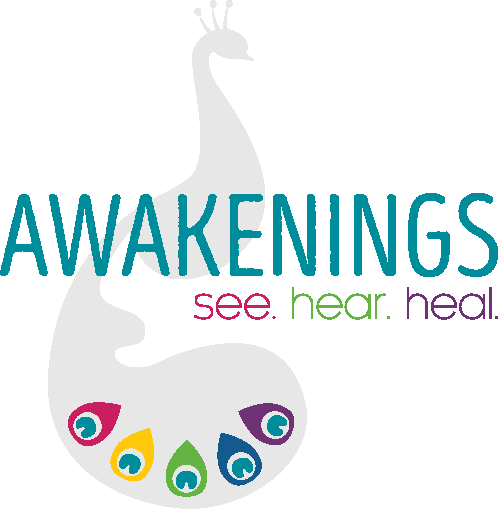
| “Harrassment and assault can happen anywhere.” This reminder in Mary-Elizabeth Meagher’s piece is accompanied by powerful self-reflection. Healing isn’t easy, and Meagher takes us through the long, winding thought process of recovery with authenticity and grace. She works through self-blaming ideas to reach healing, self-compassionate conclusions, and she leaves her audience with a sense of worthiness and validating truth. |

Treatment or Trauma? I Wasn’t Sure. Now I Am.
by Mary-Elizabeth Meagher
It should be noted that I have a profound respect for alternative healing remedies. As a wellness writer, yoga hobbyist and kombucha aficionado, I’m known to dabble in various holistic modalities — the less mainstream and conventional, the higher my interest is piqued. My profession exposes me to a wide range of alternative therapies, and I’ve been fortunate to experience positive results from about 99% of them. But it’s the nagging 1% I feel compelled to address.
Backtrack with me to October of 2017. The work assignment began like any other. Visit the practice of a local bodyworker, interview him and learn what he does, then write an article on the occurrence. Nothing unusual — just another snapshot in the life of a twenty-something freelance writer. The subject of this article was a man I gauged to be around 60, and there was a gentleness about him which I trusted right away.
He proceeded to explain that he is a Craniosacral Therapist, licensed in the state of Florida to relieve tension or dysfunction in the bodies of his patients through careful manipulation of their joints and muscles. This approach is said to mend restrictions in the fascia (connective tissues encasing and protecting the organ systems) which then activates the body’s self-healing “inner wisdom.” Alternative to the extreme, but I was utterly fascinated.
For the record, Craniosacral Therapy, as a framework, delivers on its claim. Three of the four treatments I received after my first introduction were beneficial and restorative. In my experience though, it only takes one breach in professionalism to outweigh these other benefits. In the wrong hands, even a healing intervention can become a tool for exploitation.
And that’s exactly what happened. Two months after our initial encounter and four sessions into the treatment protocol, I arrived at his office one December morning under the assumption it would be just business as usual. I laid on the massage table, face toward the ceiling, and relaxed into the light pressure of his touch. This had become routine for me, and I suspected no reason to feel guarded or unsafe. After all, this man was an expert healer with a license to prove it. He had earned my trust — so what could go wrong?
It wasn’t long before he noticed that I seemed acutely tenser than usual and started asking me questions. “Are you aware of what is causing the tightness? Did a physical injury or emotional trauma occur that your fascia is responding to? Has an unresolved issue from the past obstructed your level of functioning? Do you feel imbalanced or anxious whatsoever?”
This line of questioning was not uncommon, so I didn’t find his curiosity intrusive. I am familiar with the roots of holistic medicine seeking to understand the whole person — body, mind and spirit. So I entered a dialogue which took me in a direction I never once anticipated. As he narrowed the examination down to one area in particular — my breasts — a primal, visceral sense of alarm began to squirm into my consciousness. But I was so preoccupied with chiding myself for being too paranoid that his next question didn’t fully register. “Your breasts are holding tension. I can ease it though. Have you tried cupping?”
Hmmm…cupping. The concern dissipated, as my interest was piqued again. An image of Michael Phelps at the 2016 Olympics came to mind. I remembered hearing about this modality from all the press it received at the Summer Games, and I had been intrigued about it ever since. I admit the idea of this treatment sounded appealing, but the sentence that followed was not something I had prepared for. “Take off your clothes.”
I wish that I could rationalize or just begin to understand what caused me to comply. But no answer seems adequate other than to level with you. I was afraid. I was intimidated. I was stunned. I didn’t have time to think. The fight or flight instinct never came to my rescue. Instead survival mode took over, and all my defenses froze. So I reacted how too many women are conditioned to react. I dissociated body from brain — and I numbly, mutely got undressed.
Being naked on a massage table is not an unusual occurrence. Being naked and aware that someone has an unobstructed view of that nakedness is quite another story though. You don’t analyze or scrutinize. You get through it from one moment to the next. You convince yourself, “This is normal. It’s a form of treatment. He’s the professional. He must know what he is doing.” You remain stiff and motionless as carved granite.
You ignore his remarks like, “buns of steel” and “horny old man.” You pretend those hands on your breasts and groin will administer a healing touch — not clog your stomach with discomfort and disgust. Part of you wonders if there’s something deviant inside you that would respond to the distorted flattery of his comments. You force this shameful thought aside.
For the sake of context, I will indicate that I struggled with anorexia for more than 15 years. And I am still impressionable to body-centric praise — no matter how perverse. To be clear though, he knew this about me. I had expressed those insecurities in another session, and now he was using them to objectify me. Under zero circumstances is that acceptable behavior. His actions were inappropriate, his advances unjustified, his innuendos crude — molestation disguised as medicine. I had a choice to leave my clothes on. I had the option to refuse. I take ownership of my silence and compliance, but he should not have backed me in that corner to begin with.
This is where the issue of consent becomes muddled. Culture has propagated this notion that “NO” with a capital “N-O” must be verbalized for the encounter to be deemed non-consensual. Otherwise it’s too messy, too blurry, too much of a technicality. But the fact remains, there are numerous reasons a female doesn’t scream “NO” and charge out the door.
Perhaps she never learned that declining a violation of boundaries is her human right. Perhaps she feared the man would turn aggressive if he felt rejected. Perhaps she was caught off-guard, and rational judgment escaped her. My case matched the criteria for all three. So like countless other women, I endured the incident, labeled it “awkward,” then decided to move beyond it. Except for just one caveat — his final words to me before I scurried from his office and broke off our communication. “You can get dressed now. And please don’t mention this in your article, or I might lose my license.”
In the weeks and months that followed, my subconscious barked, He recognized this wasn’t normal. He uttered an admission of guilt. Stop acting like it doesn’t matter. Be angry. Be distressed. Be confused. Give yourself permission to accept it’s wrong. I have since fulfilled his request and spewed the narrative he could feel most comfortable with. But that was not truthful on my part. The article I should have written, the story I should have recounted, is the one you’re reading now. And in this version, I’m dropping a name.
Terry is a prolific therapist and bodyworker, an undeniable expert in his craft. For a brief length of time, the practice he operates in Southwest Florida was a refuge I visited for both healing and relaxation. Not anymore though — that sense of well-being is gone. I don’t feel secure in this man’s presence, and I am no longer ashamed to talk about why. Because we need to confront the reality that harassment and assault can happen anywhere. In the workplace. In the bedroom. On a college campus. Even on a massage table.
*
Mary-Elizabeth Meagher is a freelance writer and blogger in Southwest Florida who is passionate about human rights, social justice, mental health and female empowerment. Her mission in life is to use the medium of writing to offer hope to those who feel crushed by the weight of their past, and to spread a message that recovery, wholeness and healing are always within reach.
